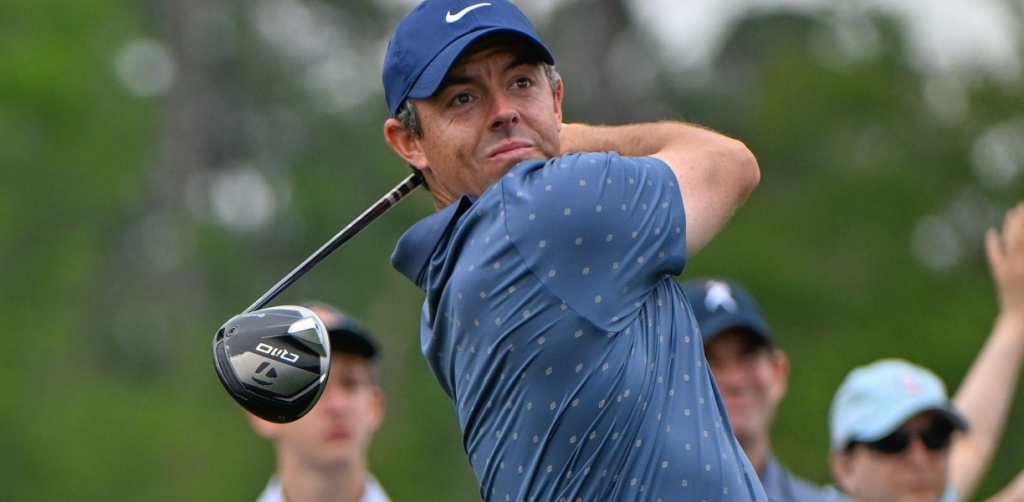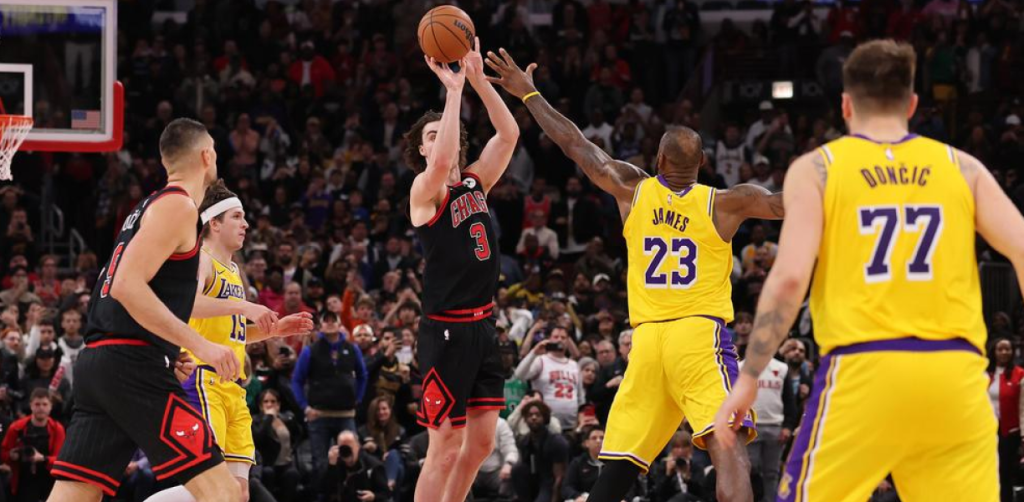Stress is an inevitable part of elite sport.
A recent qualitative study in Australia sought to better understand the lived experiences of professional Rugby League athletes, through semi-structured interviews with 12 male and female players who play in the professional competition, National Rugby League.
The findings shed light on a wide spectrum of stressors that go beyond the playing field categorized into competitive, personal, and organizational stressors, and the ways these pressures interact to impact athlete well-being, performance, and identity.
The results of the study found that athletes emphasized how stressors are often interconnected rather than isolated – with one area, like team culture, influencing others, such as performance confidence or mental health.
Competitive stressors included the emotional toll of recurring losses, injury, and team selection – experiences that athletes viewed as threats to their identity and belonging.
Organizational stressors were described as particularly pervasive, with coaching styles, leadership dynamics, public scrutiny, and systemic barriers shaping the entire athlete journey.
In the NRLW, these challenges were magnified by gendered expectations, limited resources, and pressures to pioneer a still-developing competition.
Mental health concerns were common across interviews.
Players reported increased anxiety, depressive symptoms, sleep disturbance, and even burnout.
A key theme was the ingrained culture of toughness within rugby league, which often discouraged vulnerability and made it harder for athletes to seek help or express distress.
Some viewed existing well-being initiatives as token gestures, lacking the authenticity and depth needed to truly support athletes.
Coaching style also played a critical role – while direct, constructive feedback helped players feel valued, authoritarian approaches were linked to insecurity and emotional exhaustion.
The study calls attention to broader organizational influences – including high-level management decisions, job insecurity, and media scrutiny – which impact how stress is felt and managed by both coaches and players.
It highlights the need for integrated solutions that strengthen communication, psychological safety, and mutual understanding within teams.
In addition to organizational pressures, personal stressors deeply affected players, especially in how their identities were tied to their roles as athletes.
For many, Rugby League was not just a job- it was life.
This mindset came with sacrifices in family life, career planning, and emotional boundaries.
Female athletes, in particular, discussed the tension between personal goals like motherhood and the physical and societal demands of the sport.
Rather than viewing these stressors in isolation, this research reinforces that elite athletes exist within a dynamic web of personal, interpersonal, and structural influences.
Left unaddressed, these factors can accumulate and lead to chronic stress, mental health issues, and reduced performance.
Small, intentional changes – like inclusive coaching styles, clear communication, or better recovery resources – can act as protective factors that reduce stress and strengthen resilience.
For sport organizations, coaches, and mental performance professionals, this study is a clear reminder that supporting elite athletes requires more than physical preparation.




